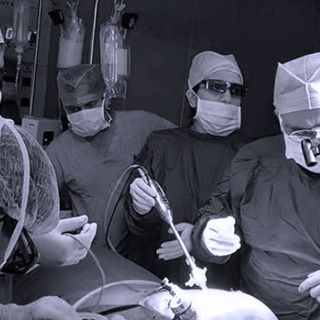A new study of infertile men has found as many as 15% had prediabetes, but didn’t know it. It’s one more piece of evidence that male fertility issues often reflect broader health problems — health problems common and rising among Indian men.
More specifically, the study found that older men, men whose semen lacked sperm, and men with high levels of follicle stimulating hormone (the hormone that regulates sperm production) were more likely to have prediabetes. The authors suggest these factors could be used to identify men whose fertility issues may be linked to underlying metabolic problems, thus enabling the treatment of both.
Read: What’s The Difference Between IUI, IVF and ICSI?
Prediabetes is a state of elevated blood sugar too low to be full-fledged type 2 diabetes, but too high to be considered normal. Unchecked by diet and lifestyle changes, prediabetes often develops into type 2 diabetes.
Indians may be more at-risk for prediabetes (and type 2 diabetes) than other ethnicities, and rates for both are rising across the country. At the same time, infertility rates are also increasing, among both men and women. Experts widely acknowledge the relationship between lifestyle conditions, like prediabetes, and fertility problems; some studies even suggest a majority of infertility cases are due to lifestyle factors.
Earlier this year, The Swaddle reported on similar research that found men with low sperm counts were more likely to also have cardiac and metabolic problems, like cardiovascular disease and diabetes.
“Our study clearly shows that low sperm count by itself is associated with metabolic alterations, cardiovascular risk and low bone mass,” the lead investigator of the earlier study, Dr Alberto Ferlin, said at the time.
Read: Infertility Research Excludes Men, Keeping the Burden of Getting Pregnant on Women
Research like this study is critical in defining the exact relationship between cardio-metabolic health and fertility, and helping doctors — both general physicians and fertility specialists — know how to advise patients.




